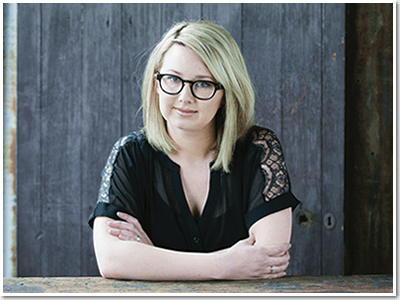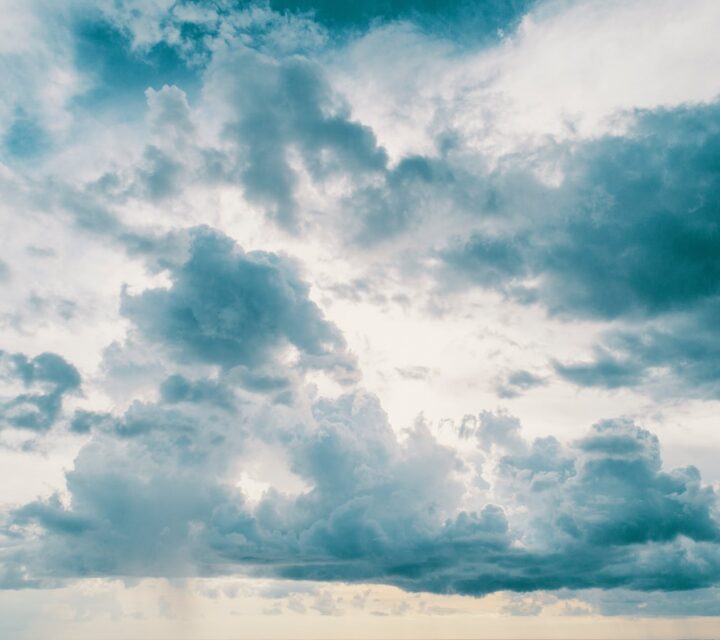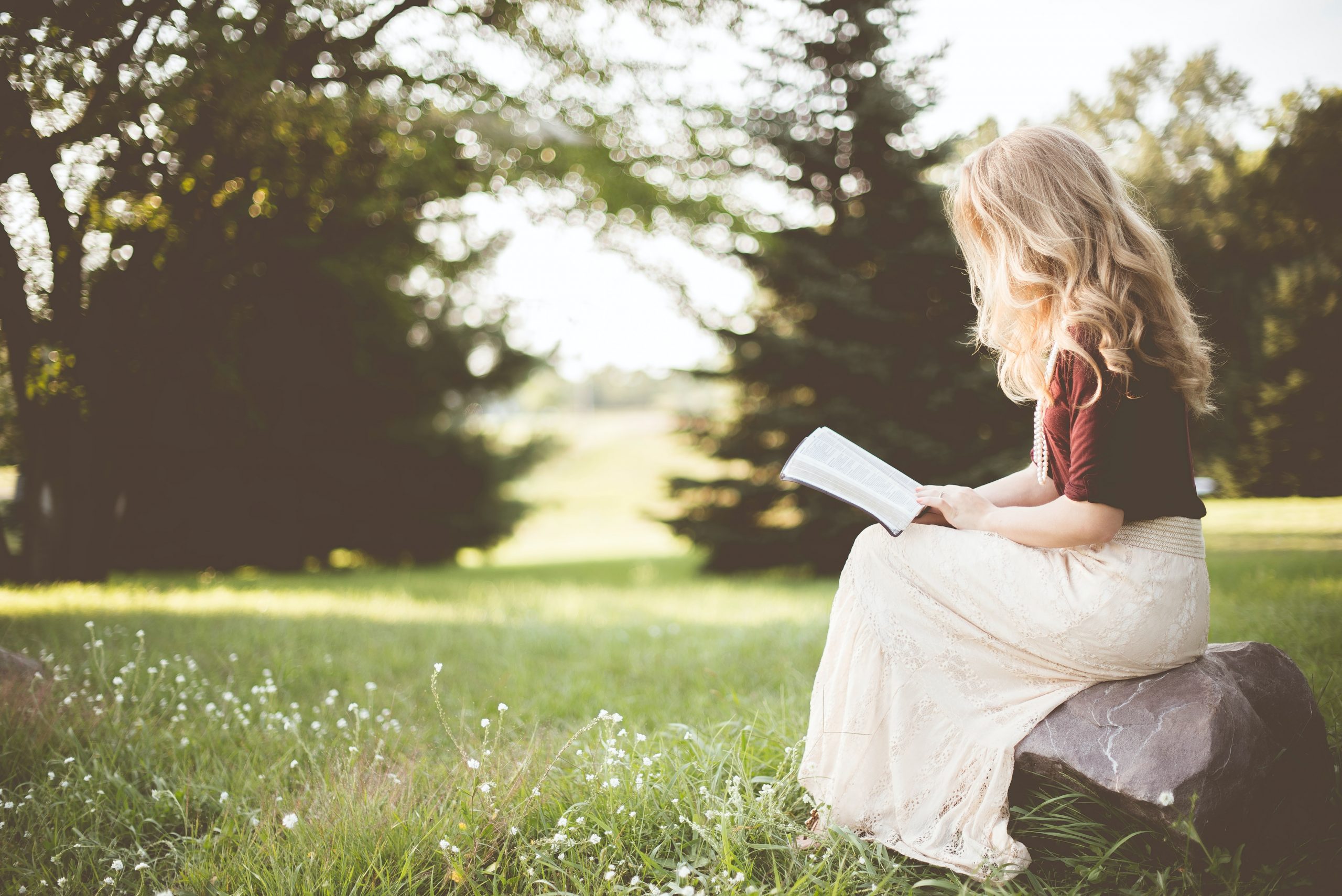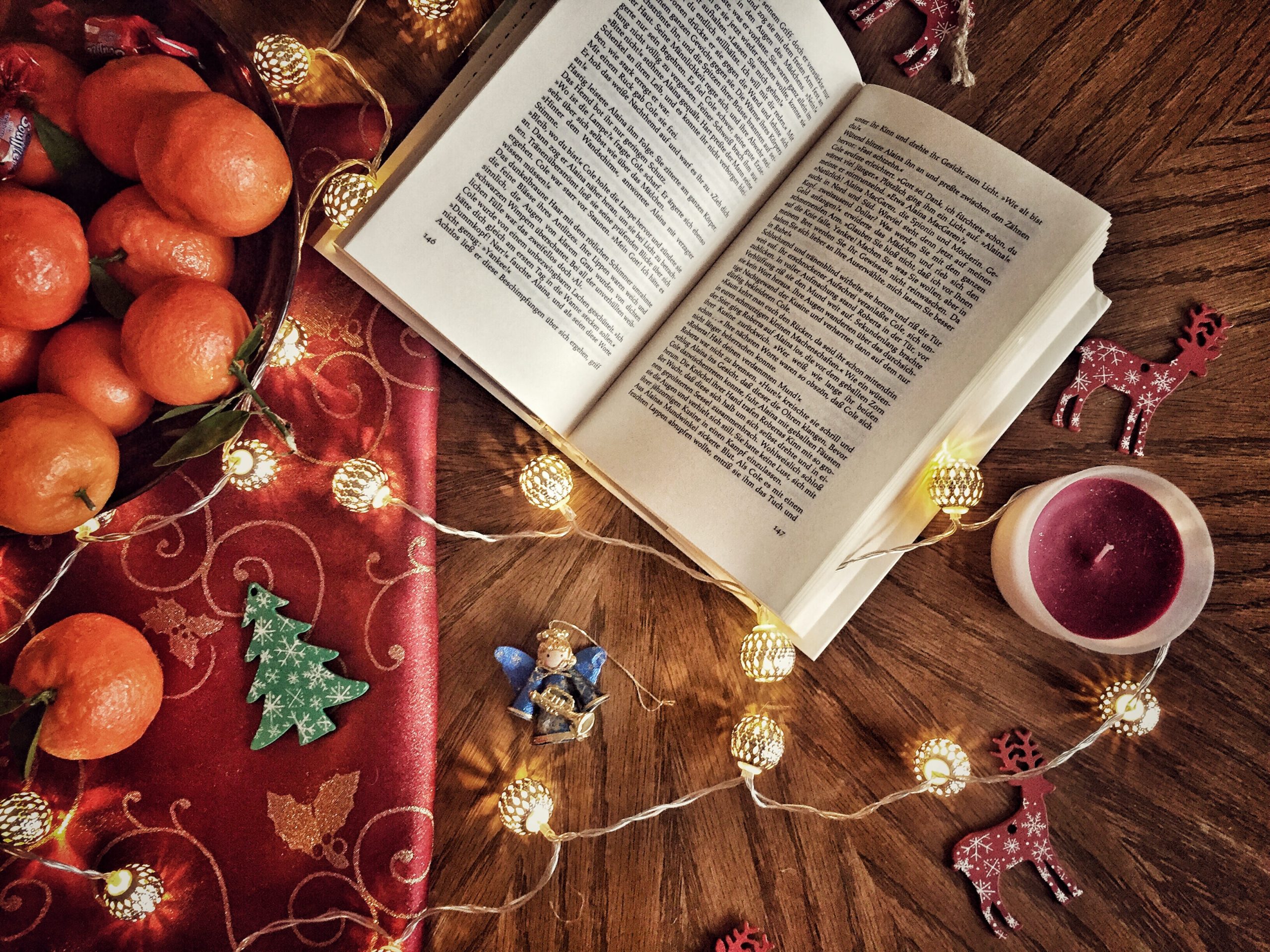Would you give us a bit of introduction and let my readers know who you are, how you got started writing, and what kind of books you like to write?
My name is Hannah Kent and I am the author of Burial Rites, a novel based on the true story of Agnes Magnúsdóttir — the last person to be executed in Iceland. Agnes was convicted of murdering two men in 1828, and my novel imagines the last year of her life. It begins when Agnes is sent to an isolated farm to wait out the time until her execution, where she meets the family who are forced to keep her in custody, and the young, inexperienced priest who hopes to bring her spiritual salvation. Slowly, she begins to tell her side of the story.
I was born in Adelaide, South Australia in 1985, where I currently live. Burial Rites was written as part of a PhD in Creative Writing at Flinders University, where I also worked as a tutor until recently, teaching in literature courses and creative writing workshops. I’m also the co-founder and co-publishing director (with Rebecca Starford) of an Australian literary journal, Kill Your Darlings, which is huge fun.
I am often struck by the different ways writers respond to the process of writing a book. Linus’s Blanket refers to my use of reading and other activities as a means of escape and comfort, can you share with us any routines, food or recipes, or favorite books or rituals that help you thorough the writing process?
I’m very fond of listening to music when I write. There are certain singer-songwriters who have a wonderful ability to convey such depth of feeling and atmosphere in their lyrics, and I find it inspiring. The music I like is suggestive — it points to a greater narrative — and listening to it reminds me of what I aspire to do in my own writing. I want the same concision, the same lyricism. Occasionally I’ll read poetry for exactly the same reasons: to be inspired by its precision, the poet’s manner of articulating the familiar in an unfamiliar way.
When I was drafting Burial Rites I would try to start work early in the morning. I dislike getting to my desk any later than 8.30am — it feels like my best hours have already been wasted. 7am is always a good hour to begin writing. Coffee is helpful too. Coffee, music, early mornings. And long walks. Walking has a magical way of unravelling things.
What are you reading now? What are some of your favorite books and authors? Has writing your own book changed the way that you read?
I have a bad habit of reading several books at once, especially when I’m travelling, which I’m doing at the moment. I tend to keep books throughout my bags, so I always have something to pull out if I have a few spare hours. At the moment I’m reading We Need New Names by NoViolet Bulawayo, Stoner by John Williams, both of which were recommended to me, and also The Creator by Guðrún Eva Mínervudóttir.
My favourite books are those that affect me in a way that is profound and largely ineffable, or those which are beautifully written and revelatory. Writing my own book hasn’t changed the way or kind of novels I read, but it has given me a greater appreciation of the skill demonstrated by many writers. Knowing the work and time it takes to create a book makes the words of others more sublime somehow.
Are you able to read when you’re writing and if so what books inspire you when you’re working your own book(s)?
Oh yes. I think it’s dangerous to stop reading when writing. There is no greater way to improve your own work. Sometimes I’m asked what my advice would be for emerging writers, and it is always, simply, to read. Read as widely and as frequently as possible — that is what I try to do. The risk of accidentally emulating the author you’re reading is so much more unlikely than losing your critical eye because your literary world is suddenly reduced to your own work.
I tend to read a mixture of books by authors I love and admire (Margaret Atwood, Jill Dawson, Ron Rash, Thomas Hardy, Virginia Woolf, Annie Proulx), new writers (a lot of debuts), and novels I have to read for other work (reviews, teaching), which could be everything from Middlemarch to graphic novels. It all helps. The research necessitated by Burial Rites and my current project (set in 1820s Ireland) means that I’m always reading a lot of other material: history books, academic articles, memoirs. That sort of thing.
What was the most interesting thing that you found out while researching this book that you ultimately decided not to include?
That Icelanders in the early nineteenth-century sometimes stored their urine because of its cleaning properties (think ammonia). It’s such a great fact, but so foreign to our contemporary way of life that I thought it would require explanation I couldn’t easily provide in a novel where characters would accept this as normal.
What types of books would some of your characters have if they were readers? Given their issues what book(s) would you suggest for them to read?
Most of my characters, drawn as they are from real, historical people, are readers. Agnes Magnúsdóttir is often spoken of in the records as a reader and poet. Books were expensive and rare, however, so available material was a bit scarce. They would have read the Icelandic Sagas, Christian literature, folk stories. For some strange reason I think Agnes would have appreciated the work of Milton’s Paradise Lost. Anything darkly poetic. I’d like to give Tóti, the assistant reverend, a copy of Marilynne Robinson’s Gilead.
What were your experiences with reading when you were growing up? Was there a pivotal moment in discovering literature when you knew that you wanted to be a writer?
I can’t remember ever wanting to be something other than a writer. I always had my head in a book. My first memory of reading is sitting on the floor with the rest of my Reception class when I was five. The teacher had a very large book on an easel, and the class was chanting the words as she pointed to the pages with a ruler. I remember reading all the words in my head, then reading aloud with the rest of the class, wishing they’d hurry up so we could turn the page.
My other enduring memory of reading as a kid is sitting in the backseat in the dark, waiting for the brief glow of the next street lamp so I could quickly read the next sentence in my book. My parents would catch me doing it and warn me about straining my eyes. They were right — I need glasses now. Too much reading in the backseat at night.
As a published author, what’s been the biggest surprise about life after the publication of your first book?
You know, it’s a funny thing. Before I was published I was working very hard. I was writing my novel, researching my PhD, contracted as a research assistant, working as deputy editor of Kill Your Darlings and doing half a dozen other things to make ends meet, and I’d continually get emails from people asking me to complete more work for them. As soon as I was published, I still got these emails, but each and every one was proceeded with ‘I understand if you are too busy’. I’m still quite amused by that.
Are there other books you love or writers you admire that are from your local area?
There is some astonishingly good work coming out of Australia. As dire as the book and literary industry might seem at the moment, Australian writing has never been more formidable, and it’s only getting better. Michelle de Kretser, Richard Flanagan, Carrie Tiffany, Majok Tulba, Nam Le, Christos Tsiolkas, MJ Hyland, Anna Funder, Chloe Hooper, Tim Winton — just some of the Australian writers everyone should read.
Where do you most love to write? Are there places where it comes to you easier than others?
I most love to write at home, in whatever little office I’ve fashioned for myself (I’ve been moving around a bit the last few years). I have a battered desk, which I love because it’s large and accommodates all my papers, cold cups of coffee and the cat (when she’s not on my lap), and a desktop computer with a screen large enough for me to have two documents open at once. I like to be alone, not only because I enjoy the solitude, but also because it allows me to pace and talk aloud to myself and generally act slightly strange. If I’m having a hard time of it, I can sit in my chair and look out the window and daydream (or swear really badly and lose my temper) and no one has to know. It’s private, and cosy, and I can forget myself entirely.

 In this version of twenty question, I send a list of questions to a willing victim author and they choose their own interview by handpicking which questions (and how many!) they want to answer. Hannah Kent is the author of
In this version of twenty question, I send a list of questions to a willing victim author and they choose their own interview by handpicking which questions (and how many!) they want to answer. Hannah Kent is the author of 

